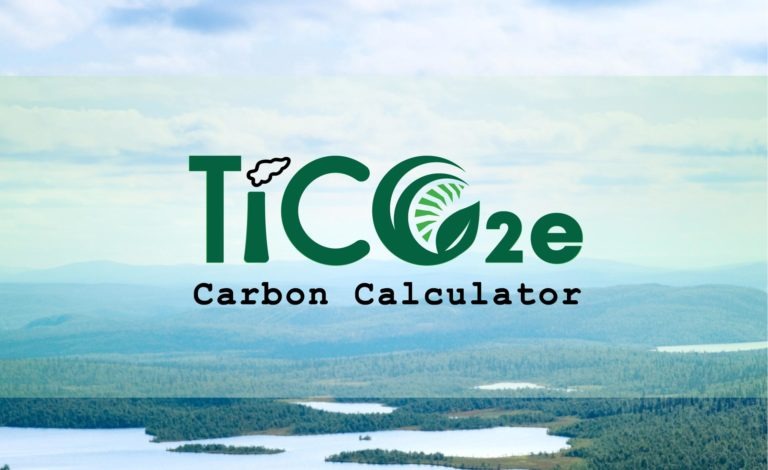
Introducing the TiCO2e carbon calculator
Our carbon footprint is the total amount of greenhouse gases we generate through regular activities such as driving or flying or using electricity. Do you know what your carbon footprint is? Now you can find out by using the new TiCO2e Carbon Calculator. It’s quick and easy to determine how your travel affects the environment, and to do your part to help offset the impact. Developed by the National Indian Carbon Coalition, the TiCO2e calculator generates donations that help support tribal carbon mitigation projects, protect the environment and preserve Indian land for future generations. Here’s how it works:

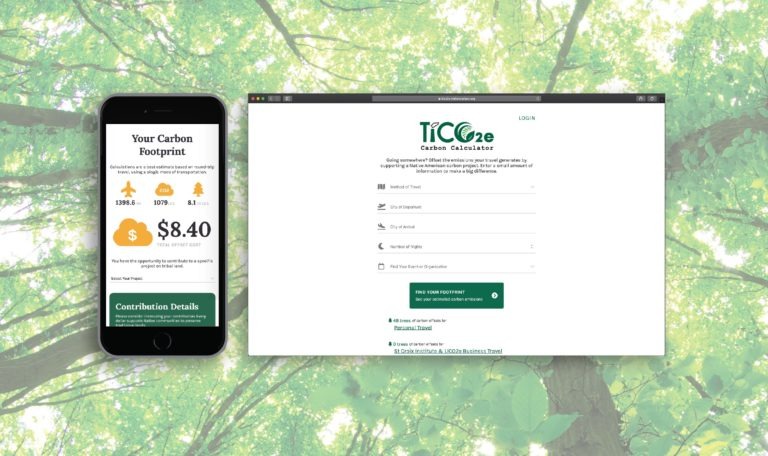

In takes only a couple of minutes to enter a little information about your travel after which you’ll receive an instant calculation of your carbon footprint. Then you’ll be offered an opportunity to make a small contribution to offset your environmental impact. It’s that simple! All donations received from the TiCO2e carbon calculator are used to support small-scale carbon mitigation projects on Indian land that may not otherwise be economically viable on the large scale cap-and-trade markets. NICC is working with several tribes and individual Indian landowners on new projects, and you’ll soon be able to choose a specific project to support.
CALCULATE YOUR CARBON FOOTPRINT by using the TiCO2e carbon calculator
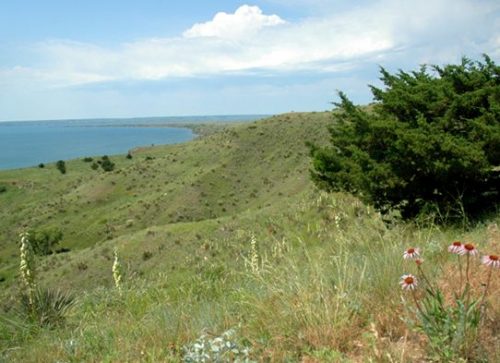
Lower Brule
The Lower Brule project will be the first of its kind in Indian Country to be developed under the international Plan Vivo Standard, which supports rural landowners and communities with improved natural resource management. The project will focus on the preservation and restoration of native mixed prairie grasslands and associated wetlands, natural resources that are vulnerable to conversion to intensive row-crop agriculture such as corn, millet, soybean or wheat. The goal is to support Lower Brule’s wildlife habitat conservation program and enhance the viability of native wildlife.

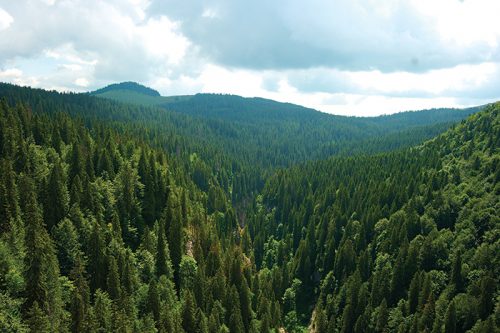

Fond du Lac Band of Lake Superior Chippewa
The Fond du Lac Band of Lake Superior Chippewa (Minnesota) approved a forest-based carbon sequestration project in July of 2020. The project, which is being developed as part of the Tribal Land Conservation Initiative, will be implemented under the American Carbon Registry’s Improved Forest Management Methodology, which quantifies greenhouse gas emission reductions that exceed current forest management practices. The project covers 9,197 acres of tribal forest land that will sequester more than 77 metric tons of carbon dioxide equivalent (MTCO2e) per acre. The land will be dedicated to carbon sequestration for 40 years during which time the Tribe is expected to earn approximately $4 million.
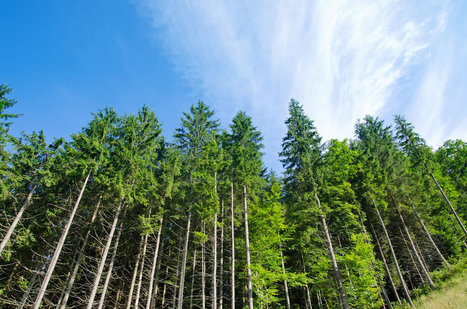
Keweenaw Bay Indian Community
Located in Michigan’s Upper Peninsula, the Keweenaw Bay Indian Community of Lake Superior Chippewa approved a forest-based carbon sequestration project in August of 2020. The project covers 12,500 acres of tribal forestland that is expected to sequester more than 77 metric tons of carbon dioxide equivalent (MTCO2e) per acre. The project will be implemented under the American Carbon Registry’s Improved Forest Management Methodology, which quantifies greenhouse gas emission reductions that exceed current forest management practices. The project is being developed as part of the Tribal Land Conservation Initiative and is expected to earn the Tribe about $6 million over its 40-year lifespan.
